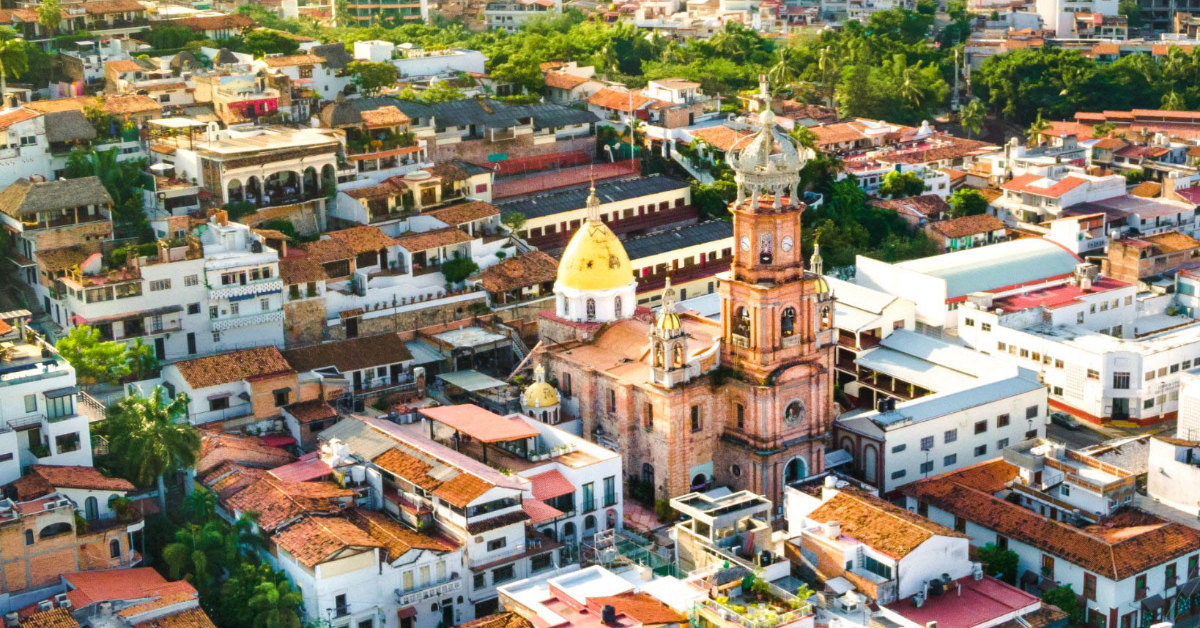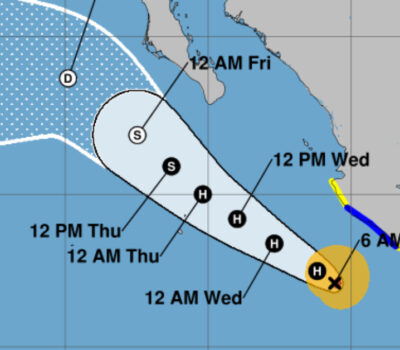Puerto Vallarta (PVDN) – A recent series of sanctions targeting businesses and individuals connected to a timeshare scam in Puerto Vallarta, Mexico, highlights the way drug trafficking organizations, such as the CJNG, exploit unsuspecting tourists for additional illegal income.
The US Department of the Treasury’s Office of Foreign Assets Control (OFAC) has imposed sanctions on seven individuals and 19 Mexican companies allegedly involved in a timeshare fraud orchestrated by the Jalisco Cartel New Generation (CJNG) in Puerto Vallarta, a popular tourist destination on Mexico’s Pacific coast. In March, OFAC sanctioned eight other Mexican companies linked to the same network.
The scammers reportedly lured victims with unsolicited offers to buy their timeshare properties. After securing an agreement, they demanded upfront payments to cover supposed fees and taxes to speed up the sale. Once the payments were made, the fraudsters vanished, leaving the victims without a buyer or their money, according to a Treasury Department press release.
In another scam, real estate companies sold units in timeshare developments that were never constructed due to either the companies disappearing or the projects being deliberately planned in protected natural areas and later canceled. Victims were never refunded.
These timeshare scams often target individuals seeking retirement or vacation properties abroad, providing the CJNG with revenue streams beyond traditional drug trafficking activities.
The source, who wished to remain anonymous for security reasons, explained that older people are often targeted due to their trusting nature and lack of adherence to basic security measures, such as asking for references or verifying property information.
The CJNG also employed frontmen, who accepted payments using their official IDs or served as nominees to register companies involved in scams. In some instances, these nominees may have been deceased or unaware that their identities were being used for criminal activities.
The CJNG’s involvement in the timeshare fraud is just one facet of their broader engagement with the tourism sector in Puerto Vallarta, which has proven lucrative for the group for years.
Hotels, bars, restaurants, and timeshares are especially appealing as they offer opportunities for various other criminal activities, including money laundering, human trafficking, and drug trafficking, according to the source consulted by InSight Crime.
While the latest sanctions focus on scam operations, drug trafficking organizations are often involved in legitimate construction projects as a means to launder money. The high-traffic tourist area of Puerto Vallarta offers a solid opportunity for criminal groups to launder investments through the construction of housing developments or residential complexes.
These criminal groups use frontmen or front companies to order large quantities of building materials or finance property construction with illicit funds. High-priced beachfront apartments provide an easy way to legitimize substantial sums of dirty money.
The restaurant industry is also crucial to CJNG’s operations, serving as hubs for drug transactions and exchanges. However, restaurants can also become centers of violence and draw the attention of local authorities. For example, in 2016, two sons of Joaquín Guzmán Loera, known as ‘El Chapo,’ were kidnapped and later released in an upscale restaurant in Puerto Vallarta, allegedly under orders from Nemesio Oseguera Cervantes, alias ‘El Mencho’, the leader of the CJNG. Additionally, former governor Aristóteles Sandoval was assassinated at a Puerto Vallarta restaurant in 2020, with links to the CJNG.
The efficacy of international sanctions and property seizures by local authorities in combating the diverse criminal activities within Puerto Vallarta’s tourism sector is uncertain. Sanctions may have limited impact on these criminal operations, as they only freeze assets within the US, while the fraud takes place in Mexico. However, sanctioned companies will find it more difficult to access the US banking system. Seizures at the local level cause “minimal damage” to the organization, according to the source. “For every ten businesses targeted, there are 100 still operating, so the impact is minimal.”
The Cuinis, a formerly powerful money-laundering arm of the CJNG, used the real estate sector in Puerto Vallarta and other Jalisco beach resorts to launder drug money for years. The US Treasury Department’s 2015 sanctions against 15 businesses and six individuals connected to the group have done little to curb the CJNG’s exploitation of the tourism sector for money laundering and profit-making.
It is clear that while sanctions and property seizures may hinder some of the criminal activities within Puerto Vallarta’s tourism industry, they are unlikely to be fully effective in dismantling the intricate network of illegal operations. More comprehensive strategies that address the root causes of criminal activity and provide support to affected communities are necessary to achieve lasting change.
Greater cooperation between international law enforcement agencies, along with increased transparency and oversight in the tourism and real estate sectors, could help combat the exploitation of these industries by criminal organizations. Implementing such measures could contribute to disrupting the money-laundering operations of groups like the CJNG and ultimately help protect unsuspecting tourists from becoming victims of these fraudulent schemes.
Puerto Vallarta (PVDN) - A recent series of sanctions targeting businesses and individuals connected to a timeshare scam in Puerto Vallarta, Mexico, highlights the way drug . . .












